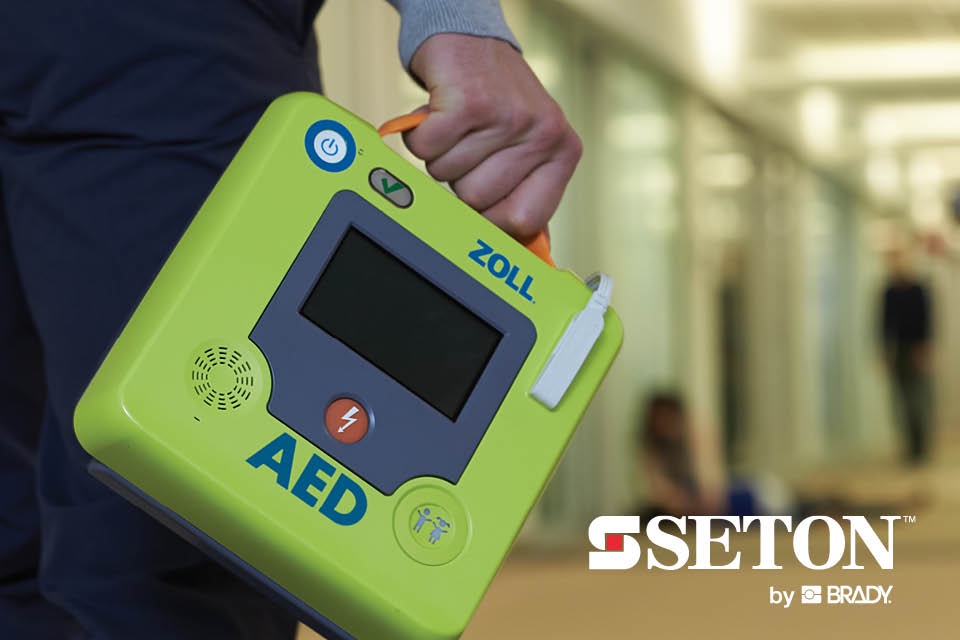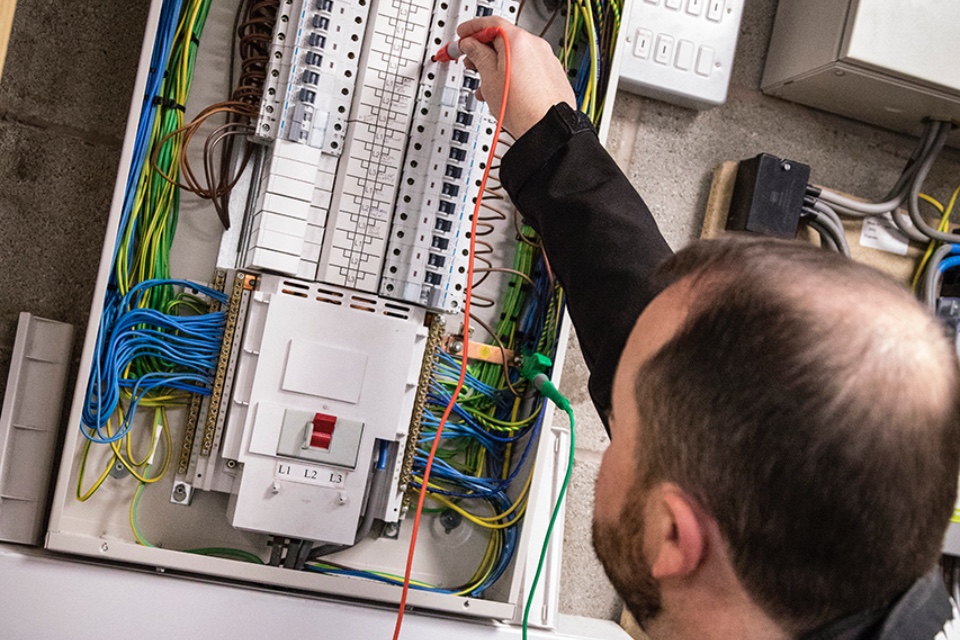Businesses are being reminded of their legal obligation to ensure electrical equipment is safe to use at all times, even when being used by workers at home.
It comes as Dan Lee, Managing Director of phs Compliance, one of the UK’s leading providers of facilities management and compliance services, warns that many businesses are potentially not ensuring full compliance as staff continue to work from home.
He said: “The pandemic brought with it many challenges, including the concept of working from home for the first time for many businesses. Unfortunately, in the rush to get employees set up at home, many may have neglected to consider how they would continue to fulfil their legal health and safety obligations as staff worked remotely and clearly continue to do so.
“Under the Health & Safety at Work Act 1974, employers are responsible for the health, safety and well-being of all employees, whether they work on site or remotely. The Electricity at Work Regulations 1989 also states that all electrical equipment in the workplace must be suitable for use and maintained to ensure it is safe, including any equipment used at home to carry out their job.
“It’s a difficult situation for businesses. They are still liable if employees injure themselves at home, but mitigating the risks remotely is more challenging. Employees may not understand the risks that electrical equipment like laptops, printers and extension leads can pose, and dangerous practices like overloading sockets or leaving laptops charging on sofas can be commonplace.
“All users of electrical equipment should have some basic training in how to use the equipment safely, as well as what danger signs to be aware of. Users should feel confident in visually checking the equipment regularly for obvious signs of damage, as well as potential risks, such as cables trapped under desks or water hazards.
“However, the best way to protect your employees, and demonstrate your compliance with legislation, is to carry out regular PAT testing on all electrical equipment, whether on site or used remotely.
“PAT testing (Portable Appliance Testing) involves an examination of portable electrical equipment and appliances to ensure they are safe to use. This should only be carried out by a competent person with the correct training and equipment. It is strongly recommended to employ an experienced and qualified PAT tester to test equipment every year.
“PAT engineers can be dispatched to employee’s homes to carry out the tests there, or employees can bring their equipment back into the office for testing. This may be a good option if there was a staff meeting, for example, as several pieces of equipment can be tested in one session.
“If you are unsure how to meet your health and safety obligations for electrical testing, phs Compliance can help with advice, guidance and over 400 experienced and trained engineers across the UK ready to start testing wherever you are.”
Click to view phs Compliance’s free PAT Testing Guide
With over 50 years’ experience, phs Compliance is one of the UK’s leading providers of facilities management and compliance services. As well as electrical, mechanical and fire safety testing and maintenance services, phsCompliance also provides specialist electrical and mechanical project services, including design, supply and installation for everything from power to lighting.







